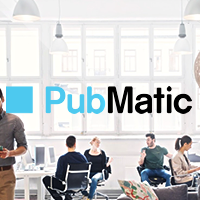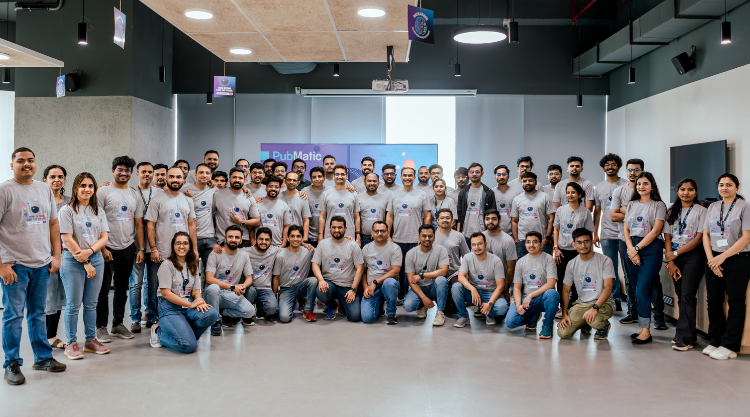As the demise of third-party cookies on Chrome draws ever nearer, brands and publishers must learn how to reach consumers in new ways. In order to satisfy advertisers with data-rich offerings, publishers need to effectively monetize their first party data, and provide brands with scale and reach for their advertising inventory.
With this in mind, our second Virtual PubAcademy ANZ ‘ROI, Identity, & Addressability in a Post-Cookie Advertising World’ focused on understanding the new identity landscape and what audience addressability looks like going forward.
Captify, a PubMatic Connect partner, is pursuing a search-based programmatic intelligence offering. Matthew Papa, SVP of Global Partnerships, Captify said it was vital that the open web was presented with solutions that brands could deploy effectively and provide a viable alternative to the walled gardens.
“Walled Gardens are not champions of transparency and data privacy. We need to enrich publisher data and get a better view of the consumer,” Papa said. We need to get better value from first party data and define the consumers with the highest value.”
He added that media brands have always been disruptors and now they control the data. Papa said that a digital ID approach on the open web that does not fragment the media ecosystem would provide a better overall experience for consumers.
Gai Le Roy, CEO of IAB Australia, noted in her presentation that there is now a significant opportunity for publishers to pull in different data signals, and bolster their contextual offering by providing brands with defined ad placement on websites.
The webinar concluded with a discussion between Andrew Baron, VP, Machine Learning & Marketplace, PubMatic and Travis Clinger, SVP, Addressability & Ecosystem, LiveRamp, on the likely shape of digital advertising in a cookie-less world.
Clinger said the opportunity was to build an entirely new digital advertising ecosystem, based on consumer trust. He noted that one option could be logged-in authentication, which could lead to higher CPM’s for publishers. Clinger recommended that brands start to trial new post-cookie digital advertising solutions against a small portion of their addressable media.
The eventual outcome, Clinger said, is that marketers will shift to buying against people-based ID’s. The change in audience-focused online advertising has been driven by the phase-out of cookies on the three major browsers, and new regulations such as CCPA, GDPR, and the imminent introduction of new privacy laws in a number of countries around the world, he said.





